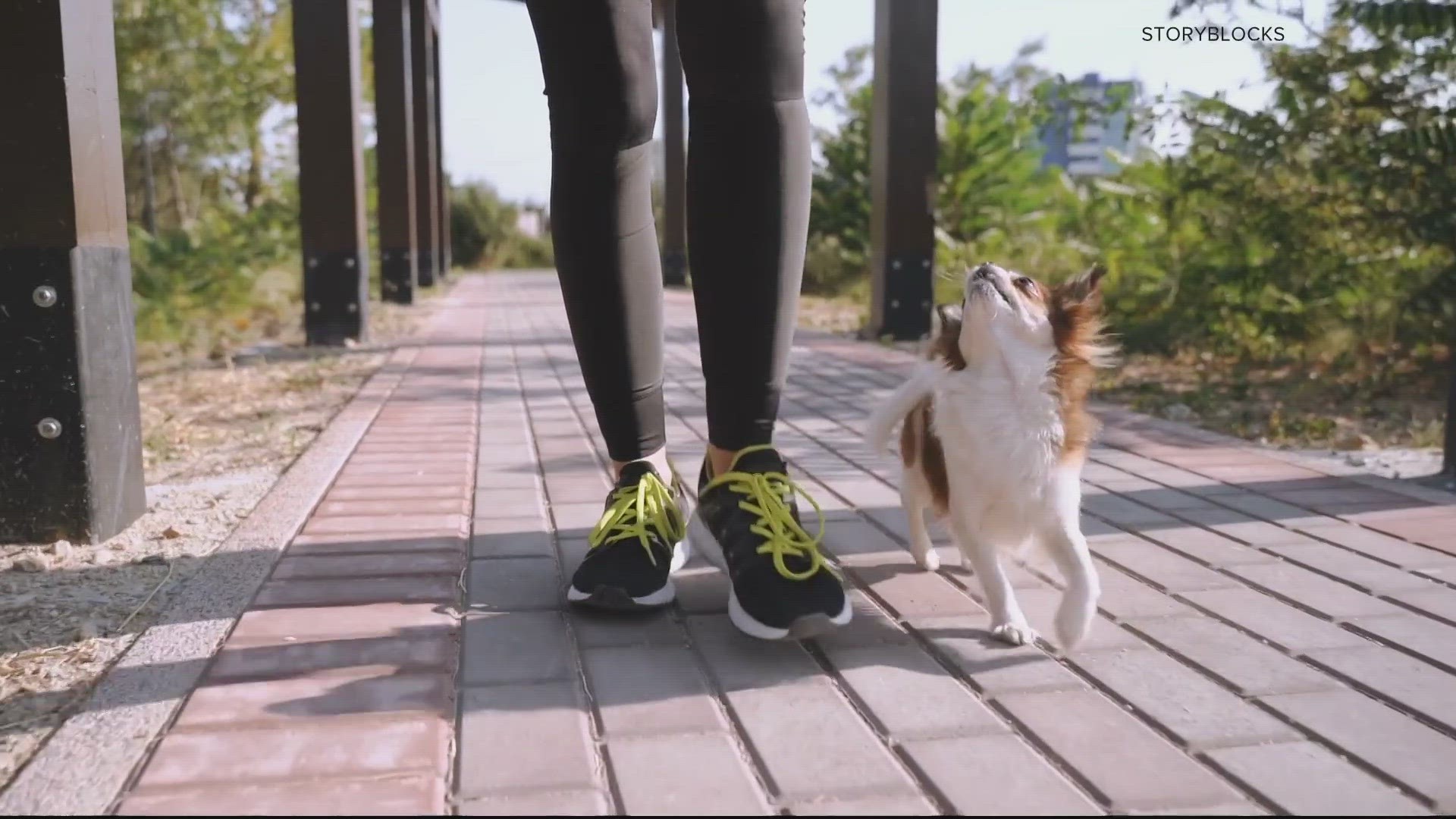CECIL COUNTY, Md. — A Cecil County man died this week, marking the first heat-related death in Maryland in 2023.
According to the Maryland Department of Health, the man died due to the high temperatures. He has only been identified as a 52-year-old man.
While anyone can become a victim of heat-related illness, the highest risk groups include people under the age of 5 or over the age of 65. People with chronic illnesses, those taking certain medications, and those exercising outdoors are also high risk. In 2022, Maryland reported five heat-related deaths.
“We are very saddened to report our first heat-related death of the season,” said Deputy Secretary for Public Health Services Nilesh Kalyanaraman. “As we experience more hot days like today, this tragedy reminds us of how important it is to take every precaution to avoid overheating. Also, be sure to check on family and neighbors who are at risk for heat-related illness.
The Maryland Department of Health says officials monitor temperatures, conditions, and heat-related illness and death from May to September. That data is available in weekly reports published on the Maryland state website. The site also includes the state Heat Emergency Plan, information about heat-related illnesses and tips for staying safe and healthy during hot weather.
Officials are reminding residents to never leave children or pets in a car at any time during hot weather. A cracked window is not enough.
MDH encourages using the following tips to help cope with hot weather:
- Drink plenty of fluids
- Avoid alcohol, caffeine and overly-sweetened beverages
- Wear loose-fitting, lightweight, and light-colored clothing
- Avoid direct sunlight and wear sunscreen; stay in the shade when possible
- Avoid salt tablets unless advised by a doctor to take them
- Take it easy outside: schedule physical activity in the morning or evening, when it’s cooler, and take short breaks if necessary
The Maryland Department of Health says anyone who is in need of a cooling center may reach out to their local health department or call 2-1-1 for more information.
WATCH NEXT: What you need to know about heat exhaustion

